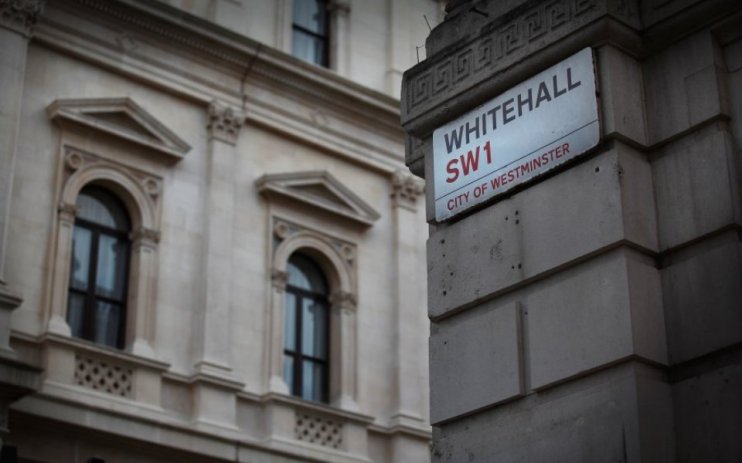Time to fight the power: How we should reform the Civil Service

Coronavirus means that any prospect there was of an economic “Boris bounce” has gone. Instead we are looking at a dramatic downturn, both in Britain and across the wider world.
Dealing with this pandemic is, rightly, the focus of the government’s attention at the moment. How effective the government is in dealing with the immediate consequences of the coronavirus is currently all important. Yet there will come a time when we are able to look back and reflect on what we might learn about the way government operated both before and during this crisis.
Right now, it might feel as if Boris Johnson’s administration is all about coping with the coronavirus. But he also has the chance to turn his election last December into a watershed moment similar to Margaret Thatcher’s 1979 win – if he grasps the nettle of reforming public administration.
Having a Commons majority is not enough to ensure that things are done differently.
Tony Blair won several massive majorities. But did the start of his Premiership mark a decisive break with the past? Within three years of his 1997 win, he was complaining about the ‘scars on his back’ in frustration with a system that wore down his desire to do things differently.
David Cameron might not have won a majority, but he too came to office with a majority – in coalition with Nick Clegg – for his Big Society agenda. Five years on, what did he have to show for it?
Converting a Commons majority into a change of direction in public policy is difficult when ministers are encased in an unresponsive bureaucracy. The buttons they jabbed at turn out not to be wired up to anything. The levers they pulled had long since been disconnected. Both administrations retreated into government by gesture. Theresa May’s attempts to deliver Brexit were frustrated at every turn.
If Boris’ election is to be a May 1979 moment, he needs to make fundamental changes to the system of public administration itself. To help achieve this, we have launched a new initiative.
The Good Governance Project is not about slashing the state, even if we believe that Britain needs less government. It’s about government working better.
Improving the way Whitehall works requires strategic coherence at the centre. Instead of fragmentation between Downing Street, the Cabinet Office and the Treasury, there needs to be a different way of doing things.
Many of the most pressing public policy challenges require cross-government collaboration to bring about effective and innovative responses. A strategically coherent centre should be able to commission ad hoc teams, bringing together the capable people, backed by financial firepower and Prime Ministerial fiat, to improve outcomes.
Current Whitehall rules preclude people unless they happen to have sat civil service exams many years ago. This needs to change. Within the civil service, the careers of individual civil servants should be tied up to successful outcomes – for which they should be accountable over the long-term – instead of courting the patronage of top mandarins.
Over the past few decades many public offices came to be presided over by people with a similar, soft left outlook. Think of them as the sort of people that spent much of the past few months dithering over the referendum result. We need to overhaul the way that the power of patronage is exercised to ensure that those who hold high office share the strategic objectives of those we elect.
Poor public administration holds our country back and erodes faith in democracy.
The Good Governance Project will be outlining ideas to ensure that public administration is run by those properly answerable to the public, not to other officials in Westminster.
Getting Brexit done means that Britain now has what you might call ‘home rule’. It is no longer up to supranational institutions on the other side of the channel to decide what we might do. At the Good Governance Project, we believe we now need to rethink the way we are ruled at home.
Douglas Carswell and Radomir Tylecote are joint founders of the Good Governance Project. www.goodgovernment.uk